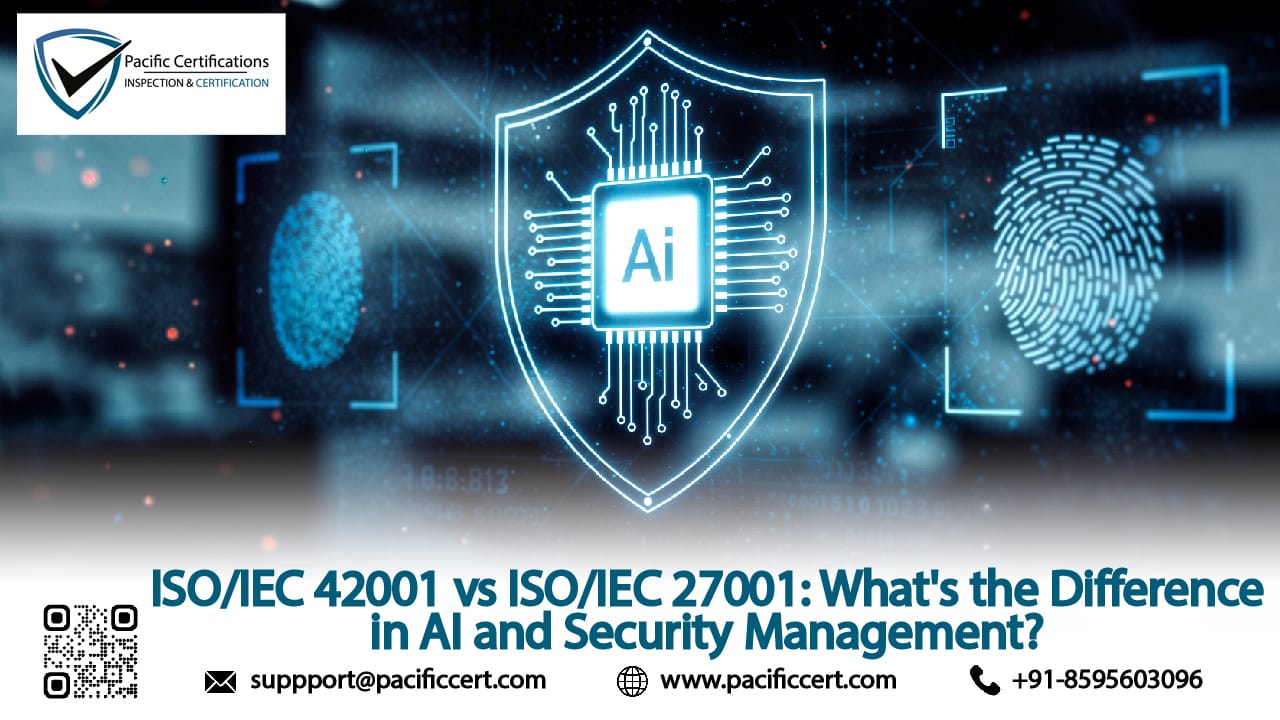
ISO certification for gas supply companies involves a variety of standards that are relevant to ensuring quality, environmental management, occupational health and safety, information security, and possibly others depending on the specific operations and risks associated with the business.
Each of these standards can help in managing and mitigating risks, improving operational efficiency, and ensuring compliance with regulations. Let's explore some of the key ISO standards that are applicable to gas supply companies and how we can assist with the audit and certification process.
ISO Standards Applicable to Gas Supply Companies
- ISO 9001: Quality Management Systems (QMS)
- Relevance: Ensures the company can consistently provide products and services that meet customer and regulatory requirements.
- Benefits: Enhances customer satisfaction through effective system processes and continuous improvement.
- ISO 14001: Environmental Management Systems (EMS)
- Relevance: Helps the company minimize its environmental impact, comply with applicable laws and regulations, and continuously improve in this area.
- Benefits: Reduces waste, conserves resources, and improves overall environmental sustainability.
- ISO 45001: Occupational Health and Safety Management Systems
- Relevance: Aims to reduce workplace risks and create better, safer working conditions.
- Benefits: Can lead to reduced workplace accidents and illnesses, improving employee morale and reducing costs associated with accidents.
- ISO 27001: Information Security Management Systems (ISMS)
- Relevance: Especially important for companies handling sensitive customer information or reliant on information technology for operational processes.
- Benefits: Helps protect confidentiality, integrity, and availability of information, reducing the risk of security breaches.
Click here to find out more applicable standards to your industry
Requirements of ISO certification of Gas Supply companies
ISO certification for gas supply companies encompasses a range of standards, each focusing on different aspects of the business, from quality management to environmental responsibility. The requirements for obtaining these certifications are designed to ensure that organizations meet specific criteria that demonstrate their commitment to excellence, safety, and sustainability.
Here, are some of the key requirements and benefits associated with ISO certification for gas supply companies.
Key ISO Certifications and Their Requirements
- ISO 9001: Quality Management Systems (QMS)
- Requirements: Establish a QMS that consistently provides products and services meeting customer and regulatory requirements. This includes implementing processes for continuous improvement and ensuring quality in every aspect of the service.
- Benefits: Increases efficiency and effectiveness, enhances customer satisfaction, and improves competitive advantage.
- ISO 14001: Environmental Management Systems (EMS)
- Requirements: Develop and implement an EMS that minimizes harmful effects on the environment caused by its activities, and continually improve its environmental performance.
- Benefits: Enhances environmental performance, reduces waste and energy use, and ensures compliance with environmental legislation.
- ISO 45001: Occupational Health and Safety Management Systems
- Requirements: Implement a framework to improve employee safety, reduce workplace risks, and create better, safer working conditions.
- Benefits: Improves employee safety, reduces workplace risks, enhances brand reputation, and can lead to cost savings through reduced incidents.
- ISO 27001: Information Security Management Systems (ISMS)
- Requirements: Establish, implement, maintain, and continuously improve an ISMS to ensure the confidentiality, integrity, and availability of information.
- Benefits: Protects the company from the risks of data breaches, increases customer and stakeholder confidence, and ensures secure information handling practices.
General Steps to Achieve ISO Certification
- Understanding the Standard: It's crucial for the organization to fully understand the requirements of the ISO standards they aim to comply with. This often involves training and consultation with experts.
- Gap Analysis: Conducting a gap analysis to identify what needs to be developed or improved to meet the standard's requirements.
- Planning and Implementation: Developing a plan to meet those requirements, which may include revising existing processes, introducing new procedures, training employees, and implementing necessary changes.
- Documentation: Proper documentation of all processes and procedures is critical for demonstrating compliance with the standard.
- Internal Audit: Before the official certification audit, an internal audit is conducted to ensure that the organization’s processes meet the ISO standards. This is an opportunity to correct any discrepancies.
- Certification Audit: Performed by a certification body, this audit verifies that the organization meets all the criteria of the standard. If successful, the organization will receive the ISO certification.
- Continuous Improvement: After certification, organizations must continually monitor and improve their processes to maintain their ISO certification status. This includes regular surveillance audits by the certifying body.
Benefits of ISO Certification for Gas Supply Companies
- Enhanced Reputation: Certification is often seen as a mark of quality that can enhance your company's reputation and make it more appealing to customers and partners.
- Operational Efficiency: The process of achieving and maintaining ISO certification can lead to improved operational efficiency, waste reduction, and cost savings.
- Regulatory Compliance: Many ISO standards help organizations comply with legal and regulatory requirements, reducing the risk of penalties or legal issues.
- Improved Risk Management: Standards like ISO 45001 help companies identify and mitigate risks, particularly those related to health and safety.
- Market Differentiation: Being ISO certified can differentiate a gas supply company from its competitors, demonstrating a commitment to higher standards of operation.
Achieving ISO certification can be a complex process, but the benefits it brings in demonstrating a commitment to quality, environmental management, safety, and security are invaluable in the competitive and highly regulated gas supply industry.
Pacific Certifications is accredited by ABIS, in case you need support with ISO certification for your Gas supply business, please contact us at suppport@pacificcert.com or +91-8595603096.



